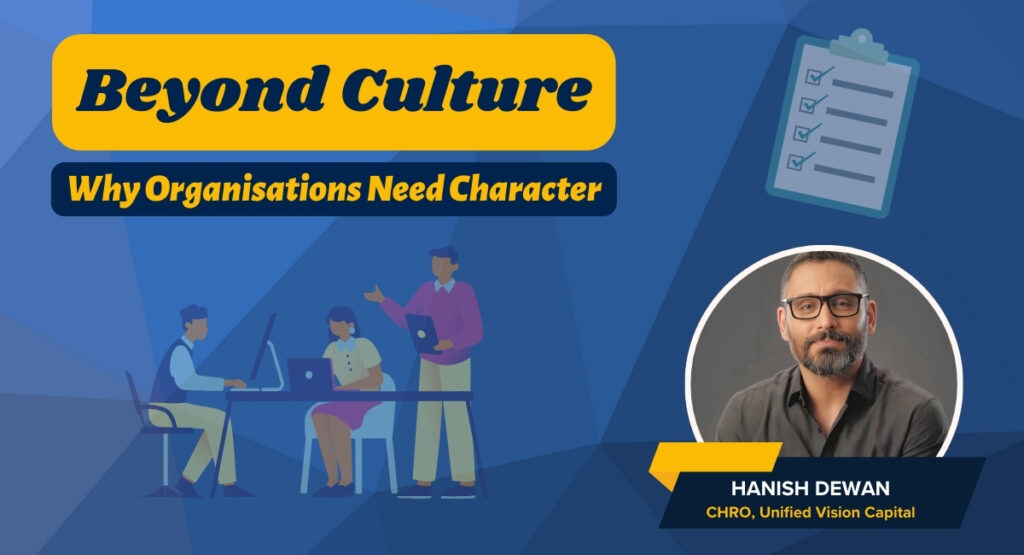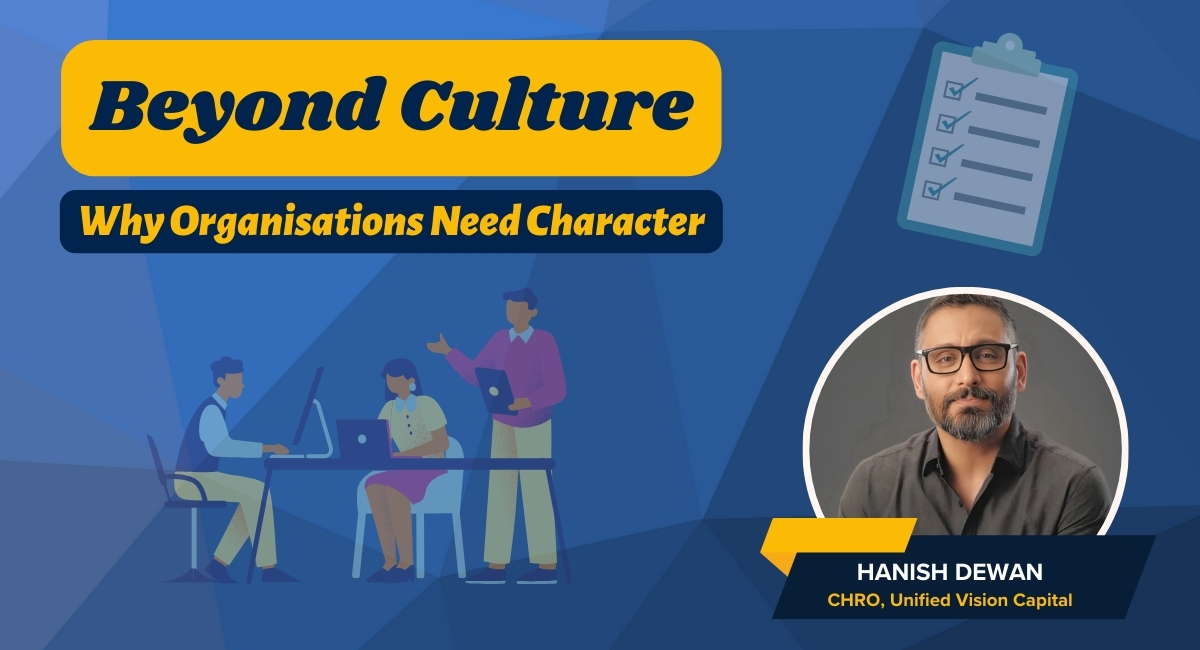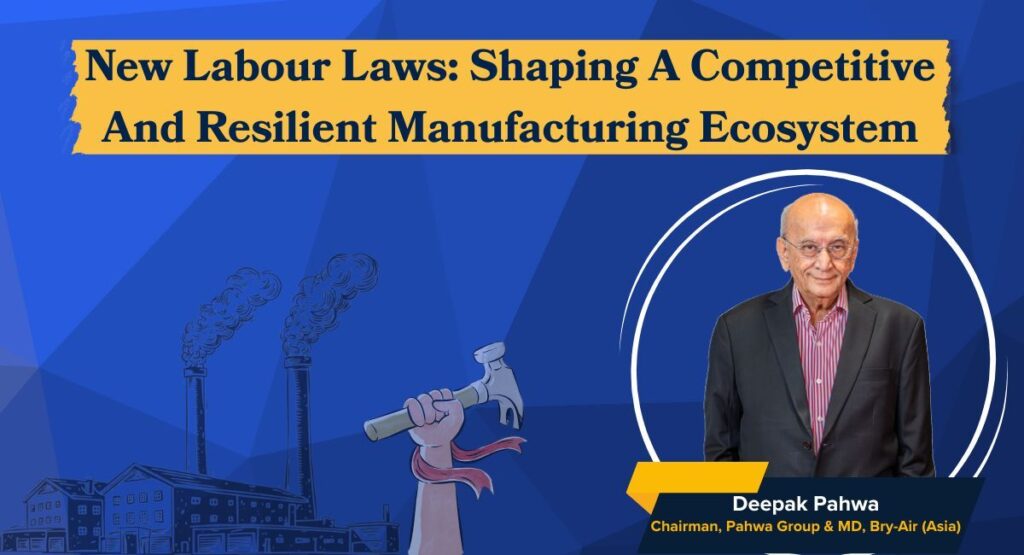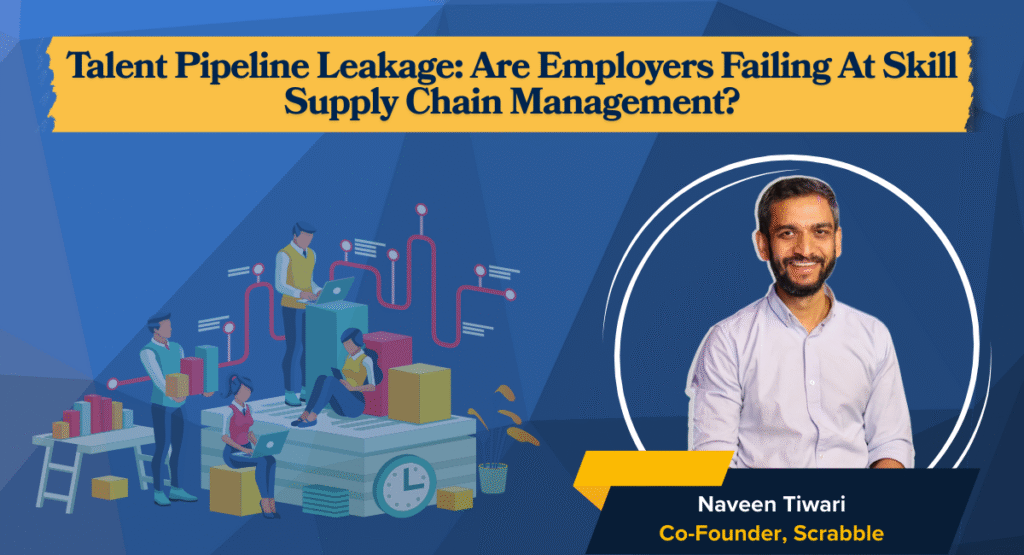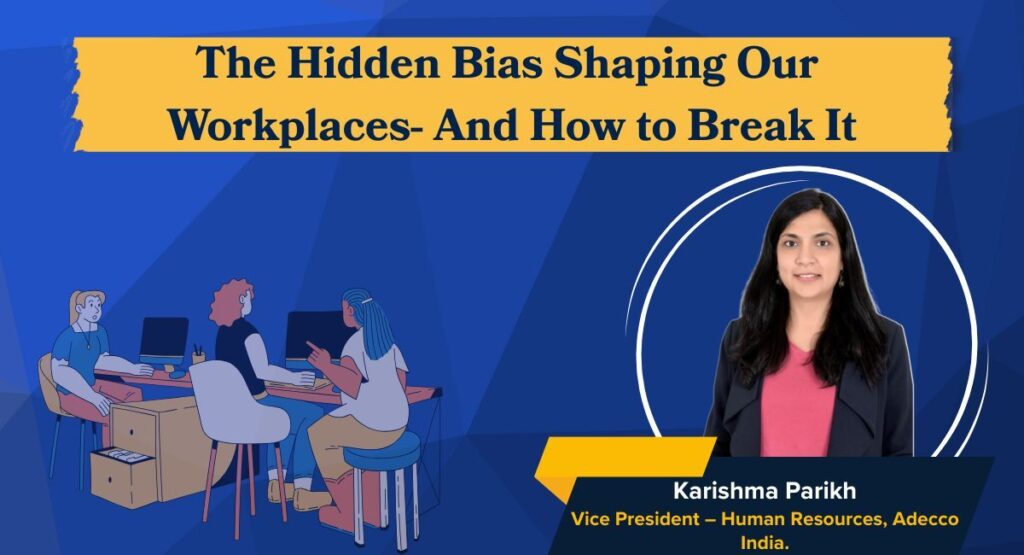Walk into most organisations today and you’ll hear the same words on repeat: culture, values, purpose. They’re painted on walls, baked into onboarding decks, and repeated in all-hands meetings. But when you look closer, employees often tell a different story.
Culture, they’ll say, feels like something that happens in posters and campaigns. But the reality of the workplace? That’s about character.
Character is how leaders behave when nobody’s watching. It’s the tone they set when deadlines slip, when budgets tighten, or when teams disagree. It’s the honesty in a tough conversation and the consistency between what’s said in boardrooms and what’s lived in break rooms.
And here’s the truth most companies don’t want to face: your organisational character is the real reason people stay—or leave.
Culture vs. Character: The Subtle but Crucial Shift
Culture is often described as “the way we do things here.” But that definition is too shallow. What really shapes people’s experience is how leaders show up under pressure.
- If collaboration is praised but promotions go only to individual stars, employees notice.
- If innovation is celebrated but mistakes are punished, people stop experimenting.
- If inclusion is a buzzword but leadership remains a closed circle, cynicism spreads fast.
Culture is fragile when it’s treated as branding. Character is durable because it’s lived. Employees can forgive imperfect systems or evolving strategies. What they don’t forgive is hypocrisy.
What Really Keeps People
Organisations have spent years experimenting with perks. Some workforces got beanbags, others got gym memberships, and others got endless snacks. Yet turnover numbers tell the same story: perks don’t hold people.
What does? In conversations with employees across industries, the same themes keep surfacing:
- Clarity. People want to know what matters and why. Confusion is exhausting.
- Growth. If they can’t see a path forward, they’ll find one elsewhere.
- Trust. Micromanagement kills energy faster than long hours ever could.
- Recognition. A leader’s genuine thank-you often matters more than a bonus.
- Belonging. Not the fluffy kind, but the sense that “I can be myself here and still succeed.”
These aren’t perks—they’re principles. And they all boil down to how leaders choose to lead.
The Myth of HR Ownership
Here’s where many organisations get it wrong: they expect HR to “fix” culture. But HR cannot carry identity alone.
The employee experience is not a single function’s job. It’s created every time a CFO pushes for efficiency at the cost of burnout, or a COO decides how frontline managers are supported, or a CEO explains a tough pivot.
When executives treat culture as “HR’s department,” it becomes wallpaper. When they treat it as their personal leadership accountability, it becomes reality.
The Everyday Moments That Build (or Break) Trust
Organisational character isn’t built in big speeches—it’s built in small, daily choices.
- The manager who stays calm when a client is lost.
- The executive who admits, “I don’t know the answer yet.”
- The leader who protects learning budgets even in a downturn.
- The board that rewards long-term stewardship, not just short-term wins.
These moments either reinforce identity or fracture it. And once fractured, trust is hard to rebuild. Employees rarely leave after one bad week. They leave after months of noticing that words and actions don’t align.
Change: The Ultimate Test
Nothing exposes character like change. Whether it’s a restructuring, a digital transformation, or a sudden crisis, employees don’t just listen to what leaders say—they watch how they say it.
A vague email about “realignment” breeds anxiety. A transparent explanation, even with hard truths, builds respect. Silence kills trust faster than bad news.
And resilience doesn’t come from slogans. It comes from employees seeing leaders face uncertainty with openness, empathy, and steadiness.
Making Leadership Accountable
For too long, employee experience metrics have sat buried in HR dashboards. If organisations are serious, those metrics need to sit alongside revenue and cost numbers in executive reviews.
Imagine if executive bonuses depended partly on:
- retaining top performers,
- promoting from within,
- building inclusive teams,
- or maintaining high trust scores.
Suddenly, “culture” stops being a nice-to-have and becomes a leadership KPI.
The Future Belongs to Character-Driven Organisations
As technology accelerates—AI automating tasks, hybrid work blurring boundaries, younger generations demanding more agency—the gap between what companies claim and what employees feel will only get wider.
The organisations that thrive won’t be those with the flashiest perks or slickest culture decks. They’ll be the ones with a strong, lived character.
- Adaptive enough to pivot fast, but consistent enough to feel reliable.
- Data-driven enough to spot risks, but human enough to act with empathy.
- Collective enough to share ownership of culture, but personal enough for employees to feel seen.
When employees talk about “the best place I ever worked,” they rarely describe perks. They talk about leaders who believed in them, decisions that felt fair, and moments where the company’s values showed up when it mattered.
At the end, culture may get people through the door. But character is what keeps them.
Leaders can’t outsource this. They can’t delegate it to HR or reduce it to posters. They have to live it—in meetings, in crises, in promotions, in setbacks.
Because at the end of the day, employees don’t stay for ping-pong tables or inspirational quotes. They stay because the organisation’s character—embodied by its leaders—makes it a place worth belonging to.
